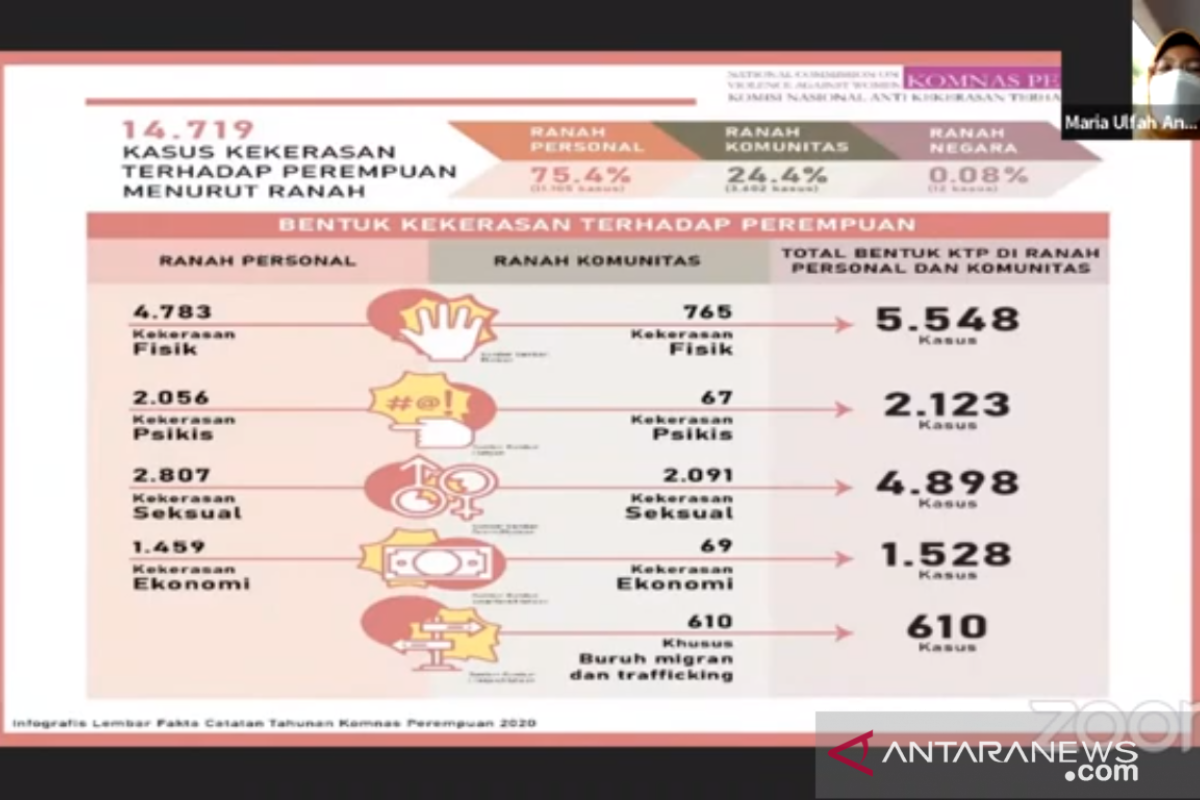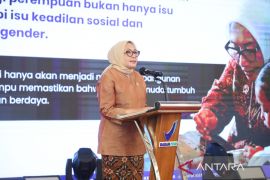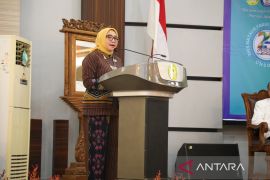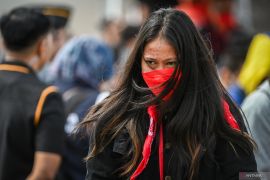Victims of sexual violence are criminalizedJakarta (ANTARA) - Victims of sexual violence in Indonesia are often criminalized on charges of defamation, so they grew increasingly powerless to achieve justice, National Commission on Violence Against Women (Komnas Perempuan) Commissioner Maria Ulfah Anshor stated.
“Victims of sexual violence are criminalized. The victim was at the receiving end of other accusations for alleged defamation or other things," the commissioner stated during a webinar "Pros and Cons of Education and Culture Ministrial Regulation (Permendikbud) on Prevention and Handling of Sexual Violence in Higher Education" broadcast live on the YouTube channel FS UIN KHAS Jember, as seen here on Monday.
In almost all reported cases of sexual violence in Indonesia, the perpetrators filed reports against the victims in return, she remarked.
Anshor then cited the example of the Baiq Nuril case as a victim of sexual violence, against whom the perpetrator filed a report.
“Perhaps, ladies and gentlemen and fellows, still remember the Baiq Nuril case. The case is also the same case, (in which) sexual violence was reported and then (the perpetrator) reported back for defamation. Thereafter, (apart from) Baiq Nuril becoming a victim, she also had to be imprisoned," Anshor recalled.
Fortunately, Baiq Nuril filed an appeal despite it taking a long time and it being an arduous process. She was finally released after being granted clemency by the president.
According to Anshor, the situation further encouraged her committee to ensure victims of sexual violence received comprehensive protection.
"Secondly, it is also important for the perpetrators to get punishment, so that there will be no repetition," she stressed.
However, a legal vacuum still exists in Indonesia in the Criminal Code that only recognizes a physical form of rape involving the contact between two genitals, she noted. Thus, cases of sexual violence in other forms involving other body parts, even the use of blunt objects, are not included in the Criminal Code.
This condition could be viewed from a case of sexual violence that occurred in Bengkulu, she stated.
“For instance, like the case in Bengkulu, there is Yuyun. What was inserted inside her and other body parts are objects. (Such a case is) not (included in) the Criminal Code," she explained.
Hence, she deemed it impossible to achieve an optimal just settlement in cases of sexual violence in Indonesia if they only rely on existing laws.
Thus, one of the latest regulations, such as the Education and Culture Ministerial Regulation No. 30 of 2021 on the Prevention and Handling of Sexual Violence in Higher Education is a step forward in realizing a safe educational environment without sexual violence.
"In the ministerial regulation, there are pros and cons. Let us (use) our common sense and conscience, so that we can empathize with the victims," Anshor added.
Related news: Campuses must form teams against sexual violence: women's commission
Related news: Minister supports regulation on preventing, handling sexual violence
Related news: Sexual violence regulation needed in universities: Women's Commission
Translator: Tri Meilani A, Mecca Yumna
Editor: Sri Haryati
Copyright © ANTARA 2021












